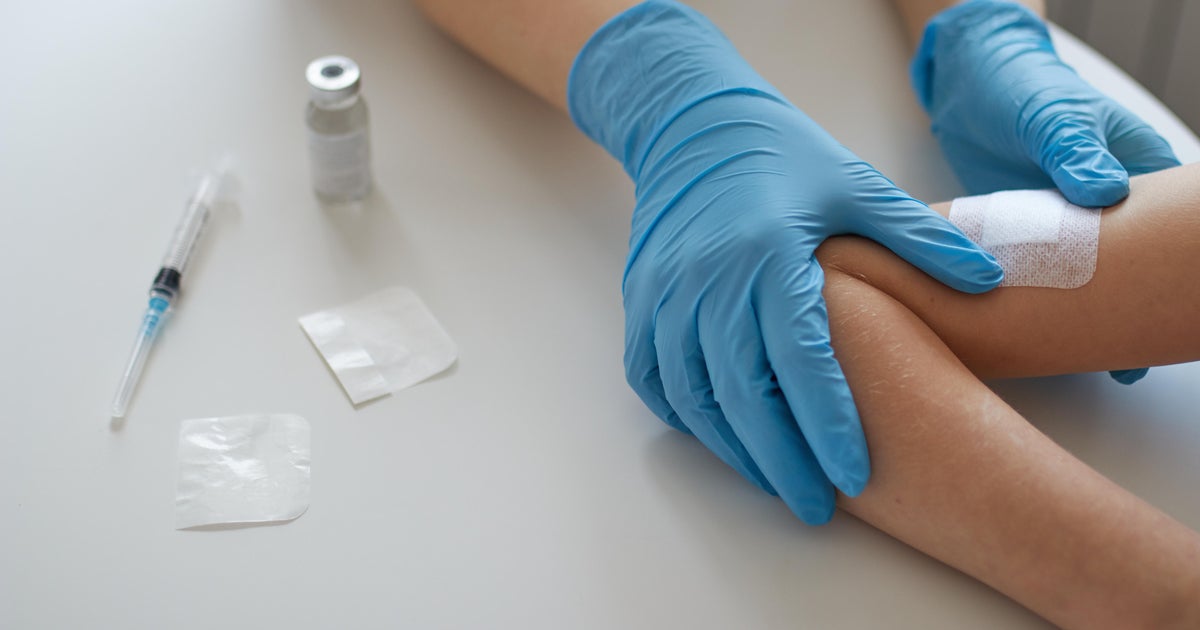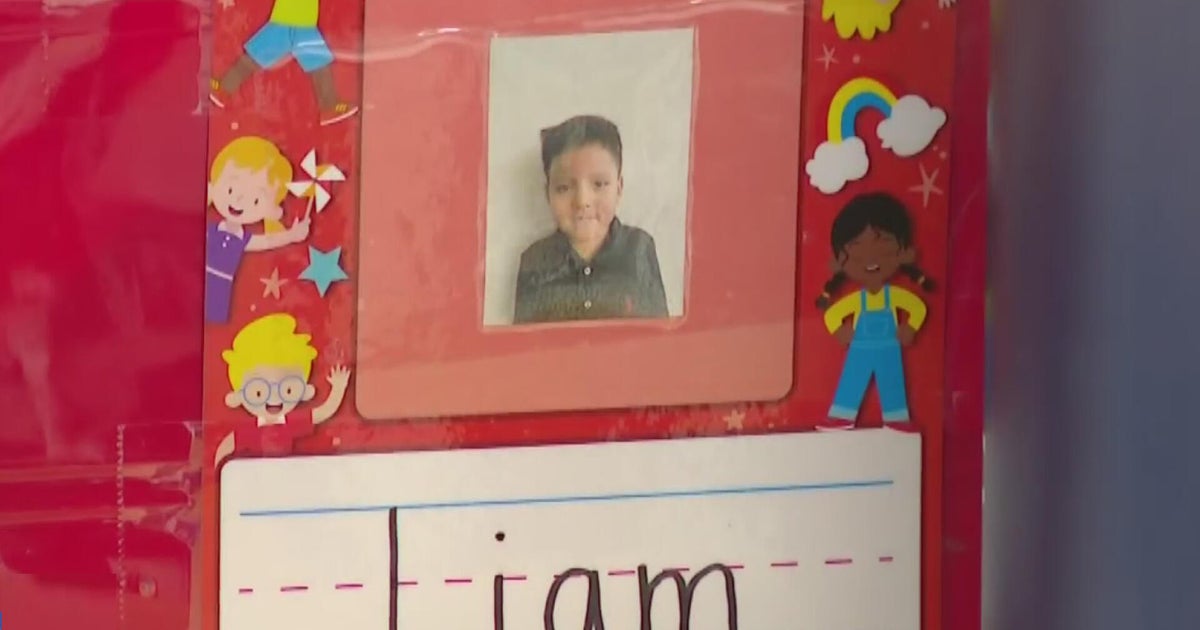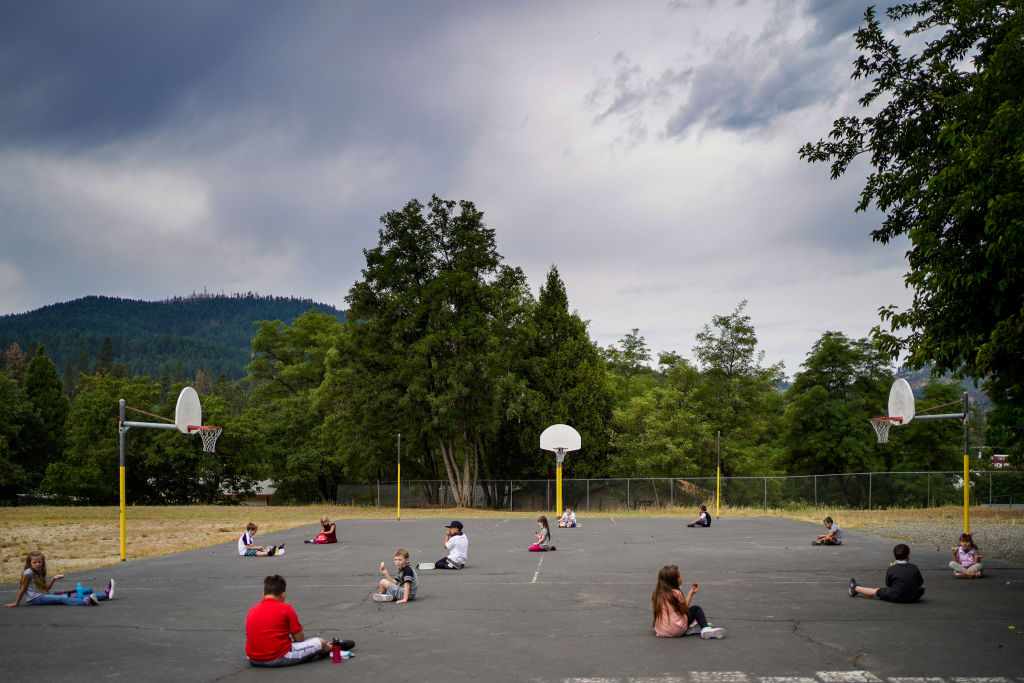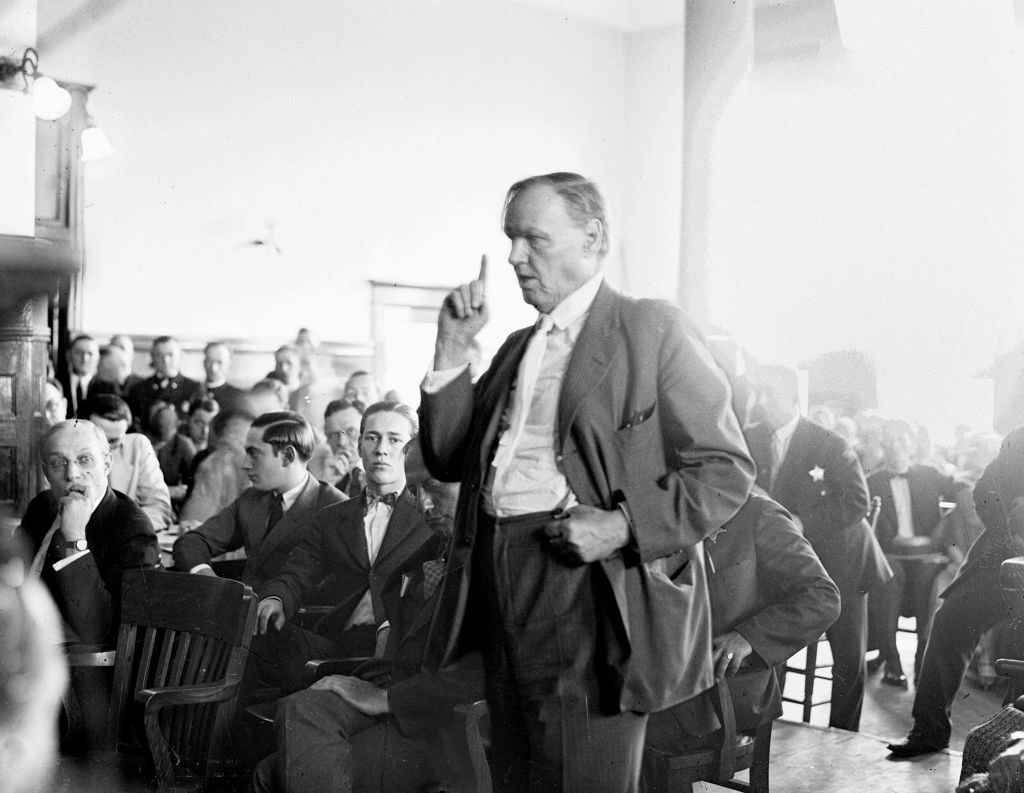Millions of kids around the world adjust to school in the coronavirus era
They're disinfecting classrooms in South Korea, keeping a safe distance apart in France, practicing their hand washing in Denmark and having their temperatures checked in Belgium. For children heading back to school around the globe, the coronavirus pandemic means lots of new rules.
"We can't give hugs anymore," lamented 10-year-old Clara in France. "It won't be the same, but at least it can help stop the virus."
So far, CBS News correspondent Holly Williams reports the reopening of schools in 22 European countries has not brought any major spikes in infections, though there have been a few hiccups, and some have only been open for a couple weeks.
At one school in Belgium, they've replaced the school bell with the theme tune from "Star Wars" - an attempt to inject some fun at a stressful time for students, teachers and parents alike.
For many parents, there's still worry, even if coupled with relief.
More than 1.5 billion students have had their schooling interrupted by the COVID-19 crisis, according to the United Nations. While some have the resources to learn at home, many others are missing out entirely on weeks or even months of education.
Danish elementary schools were the first to reopen in Europe, last month, but some parents claimed their young children were being used as guinea pigs and argued older students should have gone back first.
The country's Education Minister told CBS News it was a tough decision.
"The small children have more difficulties with the distance learning than the older children, and therefore we started out with the young children," Minister Pernille Rosenkrantz-Theil told Williams.
Taiwan is already an old hand at the "new normal." It only closed its schools for two weeks in February.
At Dajia Elementary School, the children have to disinfect their hands and shoes before they walk into the building, and before every class.
Masks are compulsory, and students eat lunch behind individual desk dividers. They're even learning how to correctly measure one meter of "social distance" in their math class.
It's all a bit of a hassle, one group of 12-year-olds told Williams. They want things to go back to how they were.
School may never be exactly the way it was again. But for millions of children around the world, the first step back to normality may be getting back into the classroom.





